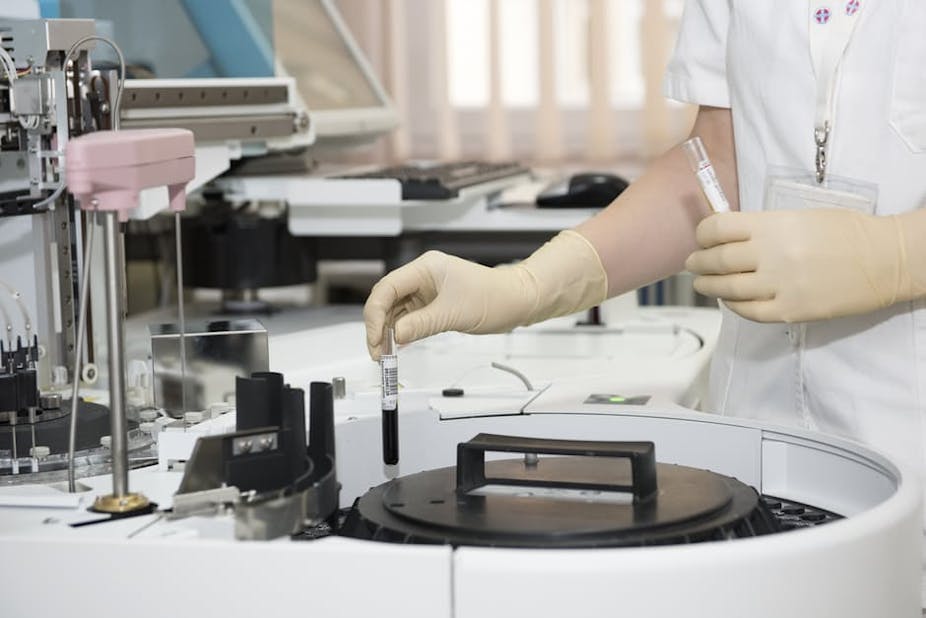Ministers are concerned that only 71% of physics teacher training places were filled last year, and the shortage is growing. I am concerned, too.
They are also concerned that 28% of physics lessons were taught by teachers with no physics qualification beyond A-level. I am not so concerned about this. As a science teacher I found that studying at a higher level was valuable in my development, but most of my chemistry degree was irrelevant to what I taught.
The use of massive government bursaries to entice potential physicists into teaching is flawed. Under the current scheme, a would-be physics teacher with a first class degree is rewarded with a £30,000 bursary.
But despite ministers’ concerns about being qualified beyond A-level, you do not need a degree in physics for the maximum bursary. Degrees in engineering, meteorology and a range of other subjects with some physics type of content would be considered sufficient. And for degrees with insufficient physics, it is possible to enrol on a physics “subject knowledge enhancement course” – some as short as eight weeks – and then take the PGCE including the big bursary.
From my experience in teacher training, the level of subject knowledge needed isn’t necessarily a degree. Ideally, the teacher should be experienced at least one level above the one they teach. So for GCSE, an A-level is good. Equally, someone in the first year of university is more than adequate to teach A-level. If they properly understand the subject knowledge being taught and what ideas build on it, the “teacher” part of a physics teacher is far more important that the “physics” part.
There is actually no evidence to show that a degree in a subject improves ability to teach that subject. In a recent report on the subject, the Fischer Family trust’s Education Datalab said:
We can draw on the wealth of evidence that suggests teacher quality appears to be largely unrelated to academic credentials. It is a surprising and little understood finding – it seems that the ability to engage and impart knowledge is quite a different skill than the ability to understand and store information yourself. With this in mind, why should physics teaching be any different?
So recruiting physics trainees with non-physics degrees is fine. Nevertheless they would need to have at least an A-level in physics, and ideally engage in some post A-level physics study.
But the reason massive bursaries dont’t help is that they reward the wrong skill set and send out a false message.
Teacher knowledge
It goes without saying that subject knowledge is of vital importance, but teachers also need to know how to structure that knowledge for learners, along with how to engage learners, how to organise practical work, how to manage behaviour, how to check progress, and how to motivate groups of learners.
The list could go on, but the point is that current bursaries and government rhetoric seem to value subject knowledge above and beyond the practical teacher knowledge – and yet only a small proportion of it is relevant to the physics taught in schools.

This teacher knowledge is usually bolted onto a degree in just one year of PGCE training, yet the ideas are far more relevant to becoming effective in teaching physics. Effective teachers are more likely to survive the classroom pressures.
It is not surprising then that only 60-70% of secondary teachers starting on the traditional degree PGCE route remain in teaching after their first year of employment. This is to be expected when the importance of developing teacher knowledge and skills is devalued by excessively rewarding irrelevant subject knowledge.
Teacher first
But there is an alternative, and the BSc science with education and qualified teacher status that I teach on is an example. Another was the two-year PGCE conversion course. Both these routes have produced qualified teachers with a subject specialism of physics, chemistry or biology.
I conducted a small scale study of my students’ job-satisfaction in their first year of teaching. It was clear that they saw themselves as teachers first – with sufficient subject expertise to feel confident in the classroom and enjoy their work.
What all this shows is that we need to rethink what we want in physics teacher training. Some highly qualified physicists will indeed become lifelong career teachers. Yet others will last no more than a year or two. All, however, will enjoy the £30,000 bursary.
So if the government really wants to improve the quality and number of physics teachers in schools it should consider a different approach than the current bursary scheme. Longer route options could help to open the door to more potential applicants whose motivation may be better aligned with the teacher part of being a physics teacher.

